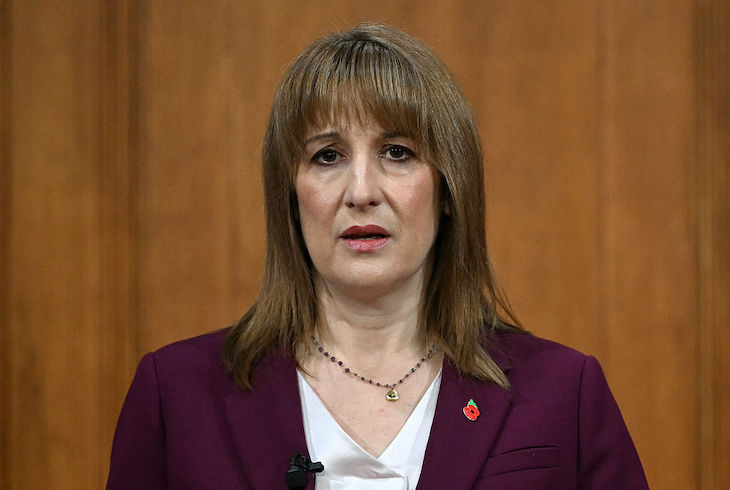It’s an iron law of politics that when the staffer becomes the story they have to go. Dominic Cummings had to leave Boris Johnson, and Theresa May’s joint chiefs Fiona Hill and Nick Timothy both took the blame for the disastrous 2017 election result.
The reshuffle resolves a perplexing political question
Lobby journalists leaving Liverpool at the end of Labour conference had concluded that Sue Gray would have to leave the role of as chief of staff to Keir Starmer. Yet her resignation yesterday came as a surprise. This is of a piece with Starmer’s leadership – he doesn’t brief his intentions in advance, but he can often be swift and ruthless.
The appointment of Morgan McSweeney as chief of staff is a recognition and a resolution. McSweeney was formerly the campaign director who steered Labour to its historic landslide in June, and he will now be the heir to Peter Mandelson. Just as Mandelson pivoted from campaign victory to a successful political career, so Morgan is now taking on the most important political task of the moment – restoring momentum to the Labour government after two months of drift following the King’s Speech.
The reshuffle resolves a perplexing political question. Why, after Keir Starmer’s political success in tearing down three Tory prime ministers in a row, reversing Labour’s worst election result since the 1930s and sending the Tories to their worst election result in their history, did Starmer choose to have the least political No. 10 operation in 60 years? That quixotic experiment is over. Politics is back.
Yesterday we saw not just the appointment of McSweeney, but also the elevation of two talented women, Vidhya Alakeson and Jill Cuthbertson, to roles as deputy chiefs of staff. James Lyons, with his background in the lobby and experience in public and private sector communications, will also run strategic comms.
It’s quite some way to mark the first 100 days of the Starmer government, but the critical point is that it is never about the personnel, always about the project. The problem has been that Labour’s political project – a ‘decade of national renewal’ – has been drifting during the lengthy wait for the Budget which is still three weeks away.
The lack of definition of how Labour plans to renew public services, rebuild the economy, and redistribute across the country has been damaging. Particularly given that the only signal of intentions given by Labour so far is removing the Winter Fuel Allowance from 10 million pensioners, which has predictably scored highly on cut-through but poorly on popularity.
Restoring the drive and momentum of a political project will give definition to Starmer’s government. That puts a high burden on the forthcoming Budget – it must be foundational and transformational if Keir Starmer is to deliver his promise of ‘change’.
Has it been bruising? Yes, but politics is a contact sport. The real question is has the Prime Minister learned from this experience? Interestingly, Robert Colvile, director of the Centre for Policy Studies, quoted Spectator editor Michael Gove speaking at a CPS panel at Tory conference. Gove warned Tories they shouldn’t assume that Labour wouldn’t keep on stumbling, observing that ‘yes Starmer makes mistakes. But he does also learn from them.’
There are many cliches in politics. A week is indeed a long time in politics. The first 100 days matters. Elections are won in the four years of the parliamentary term not the four weeks of the election campaign. All are true.









Comments